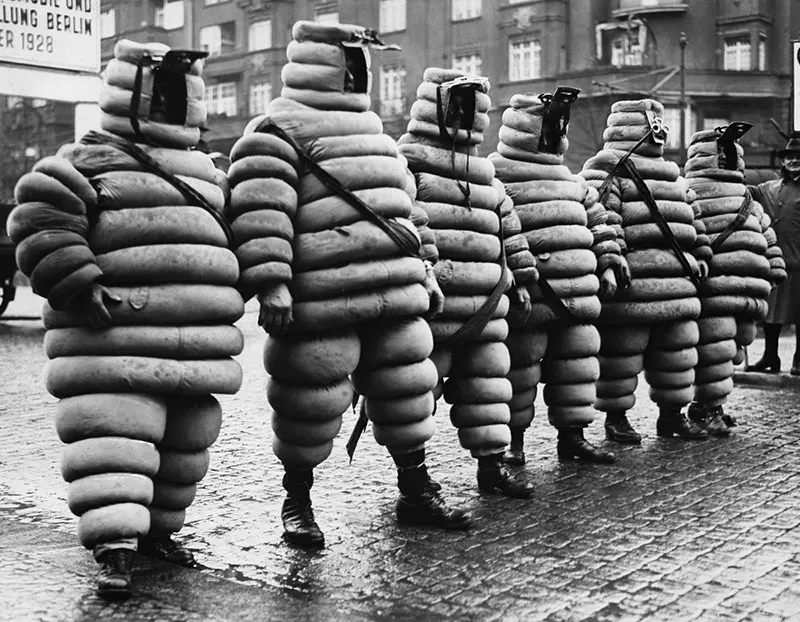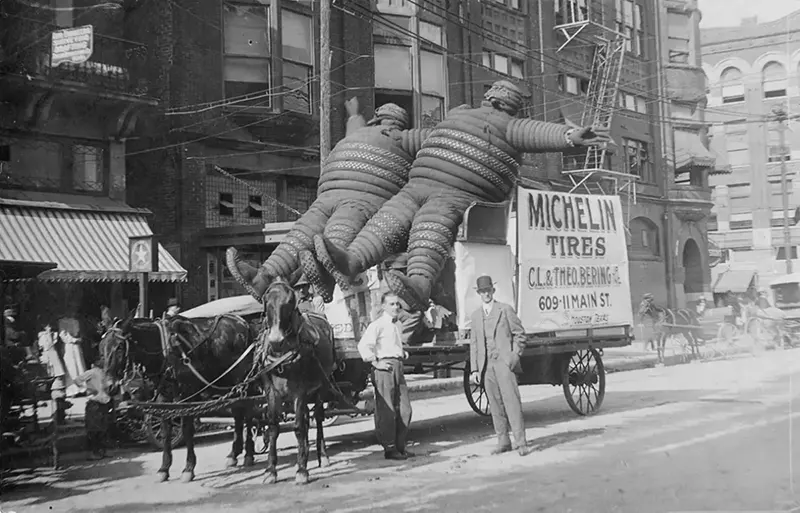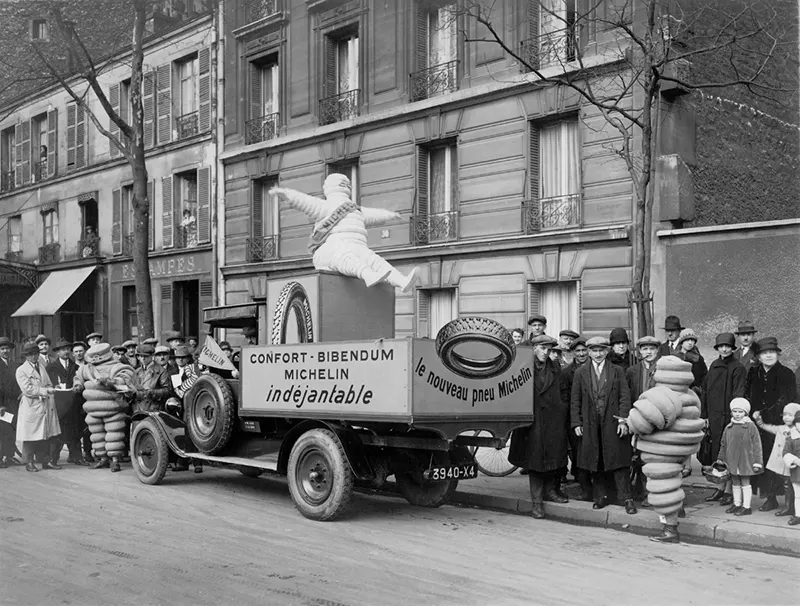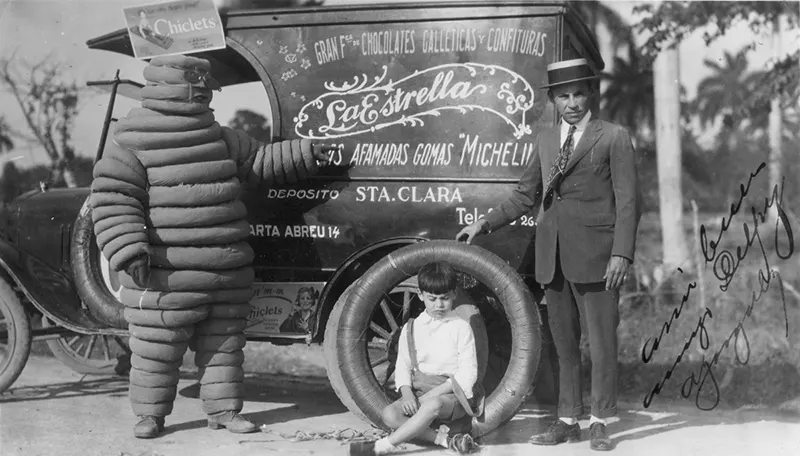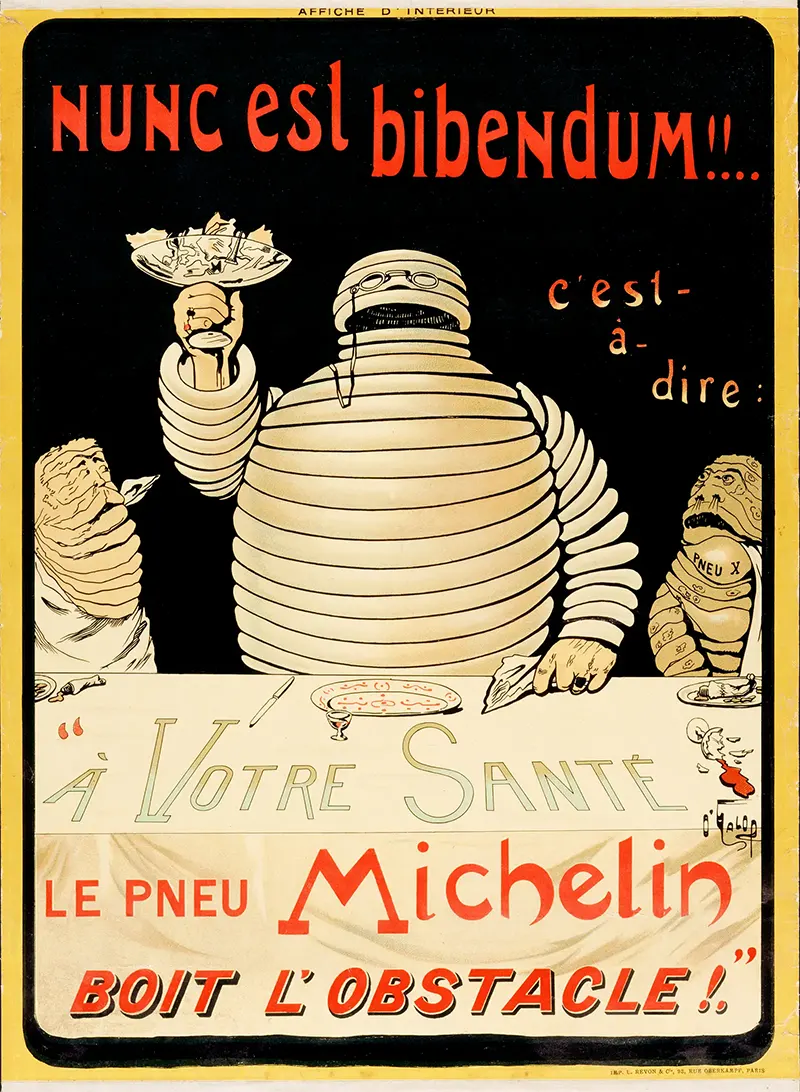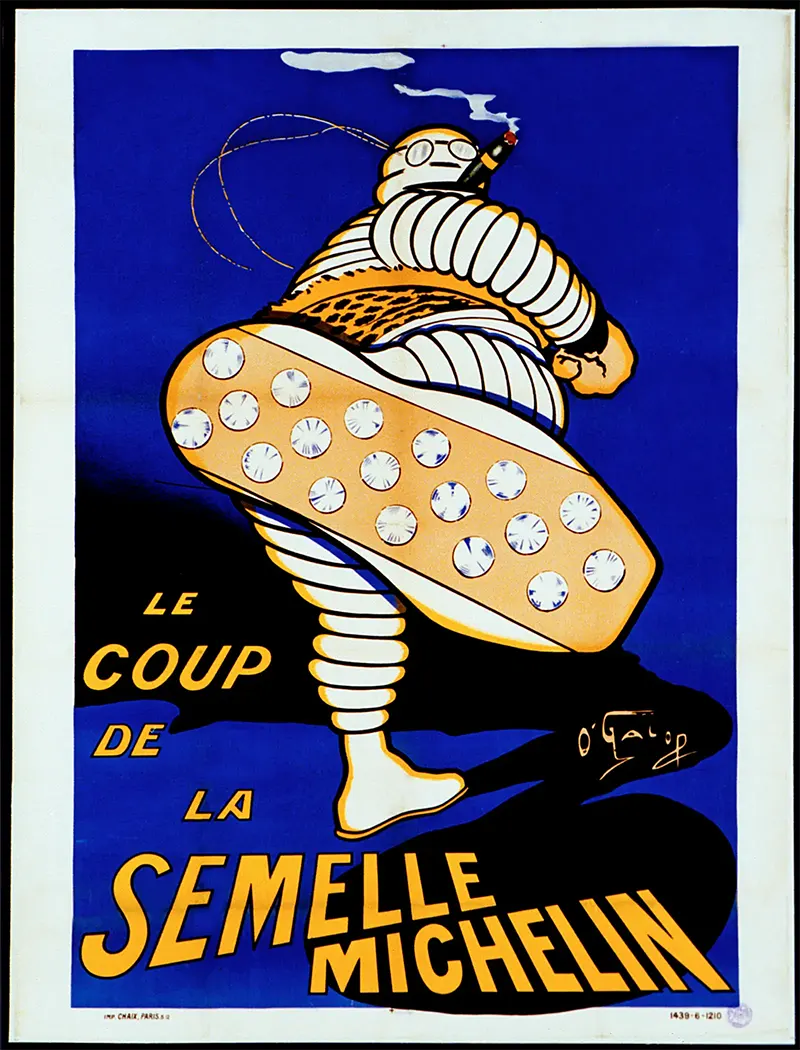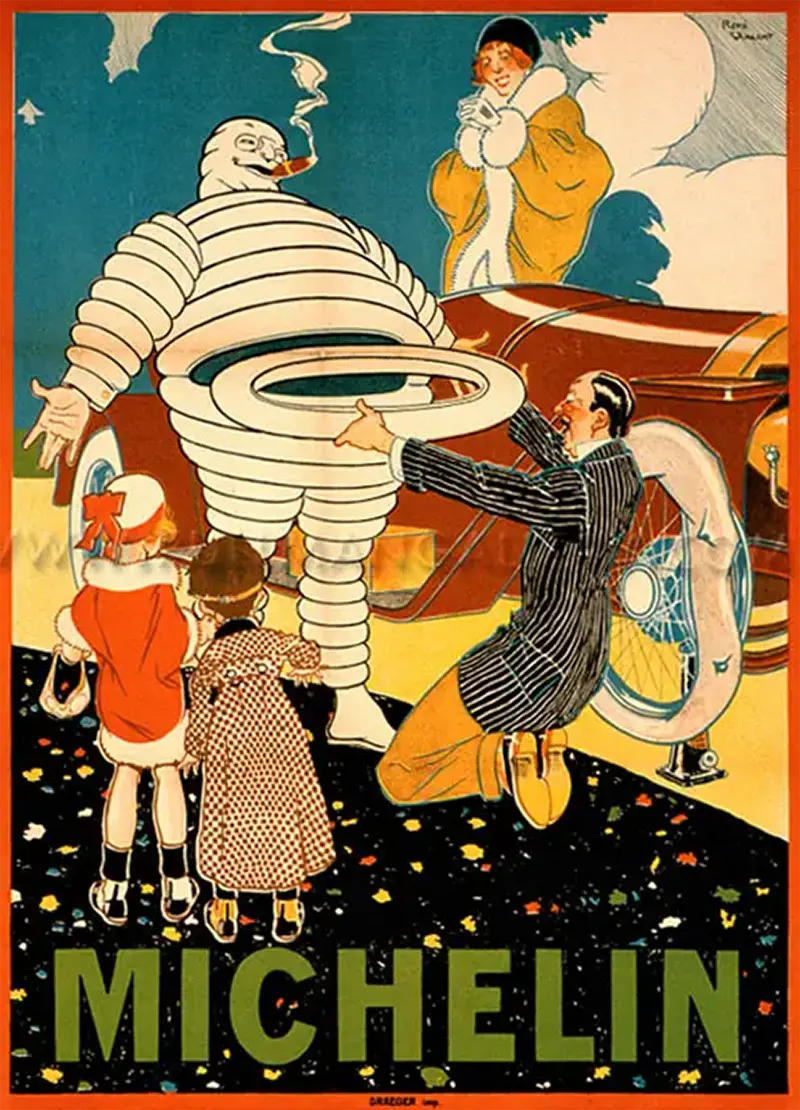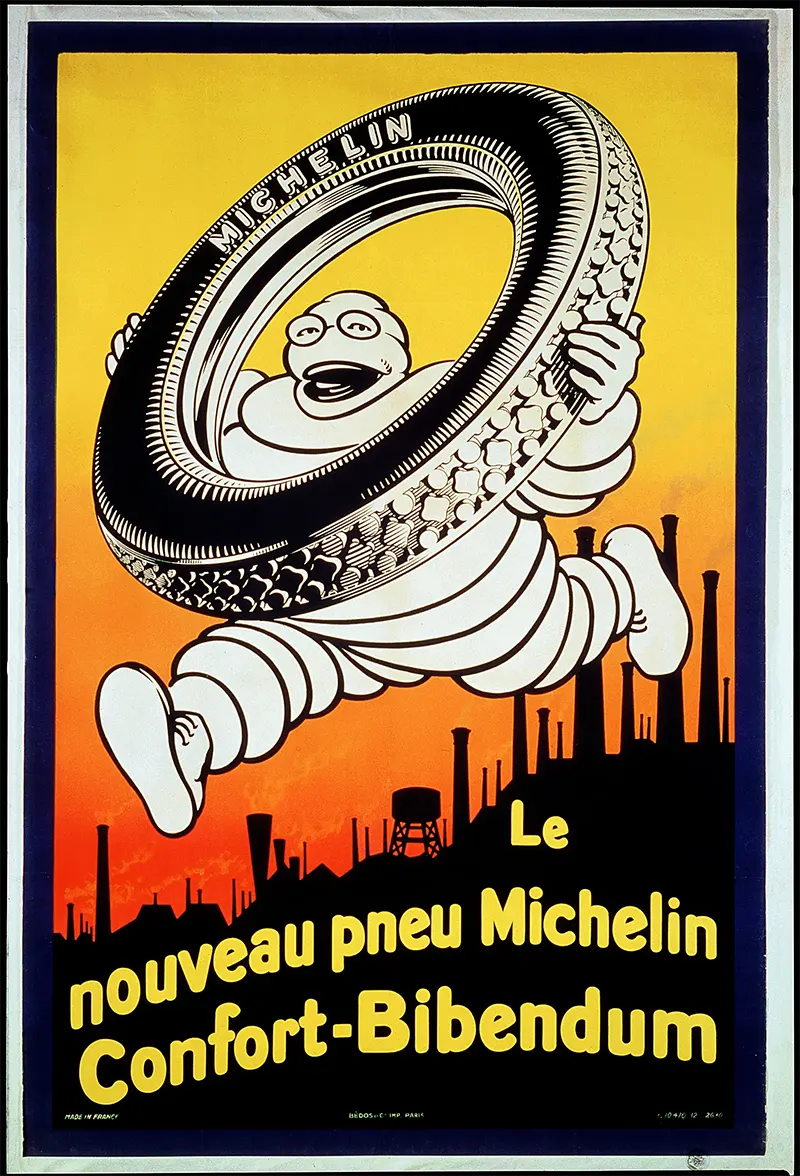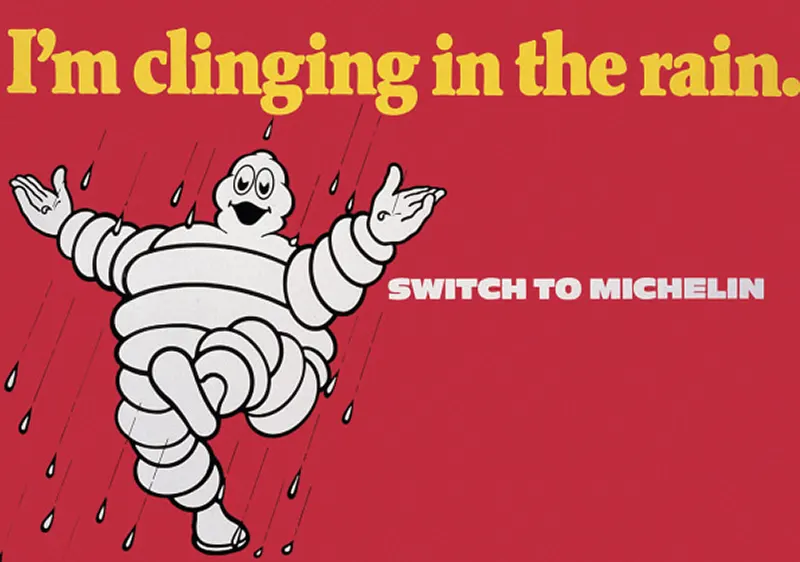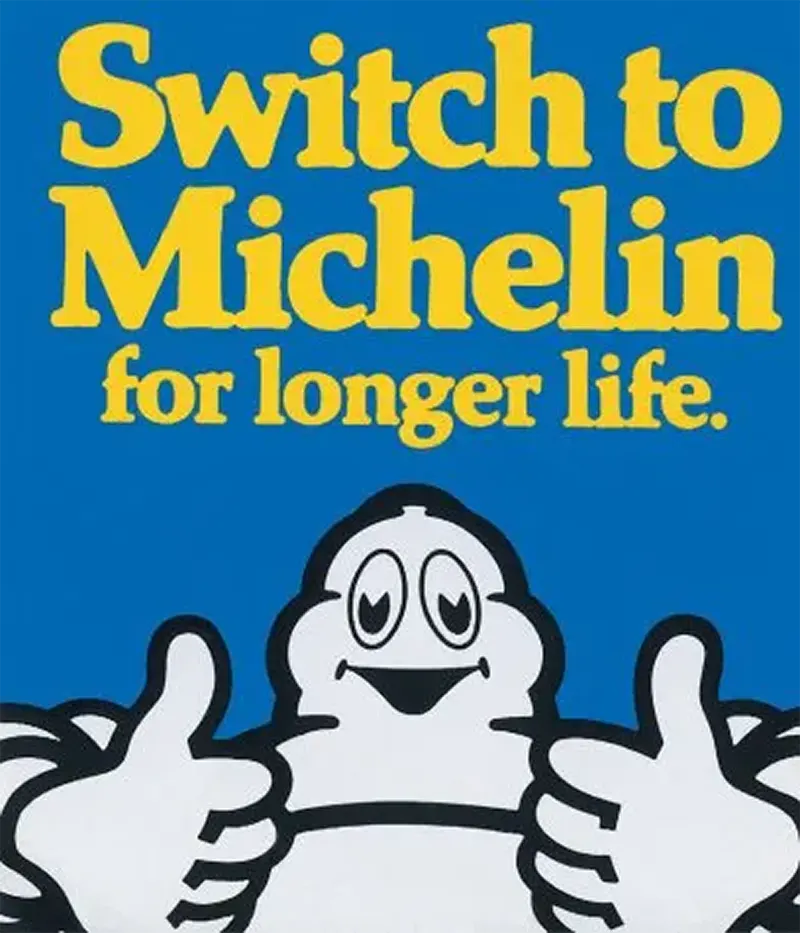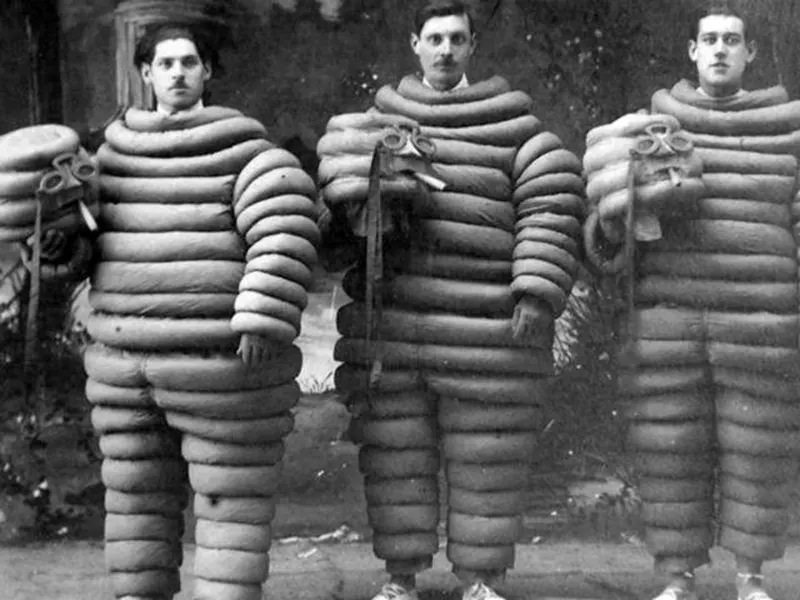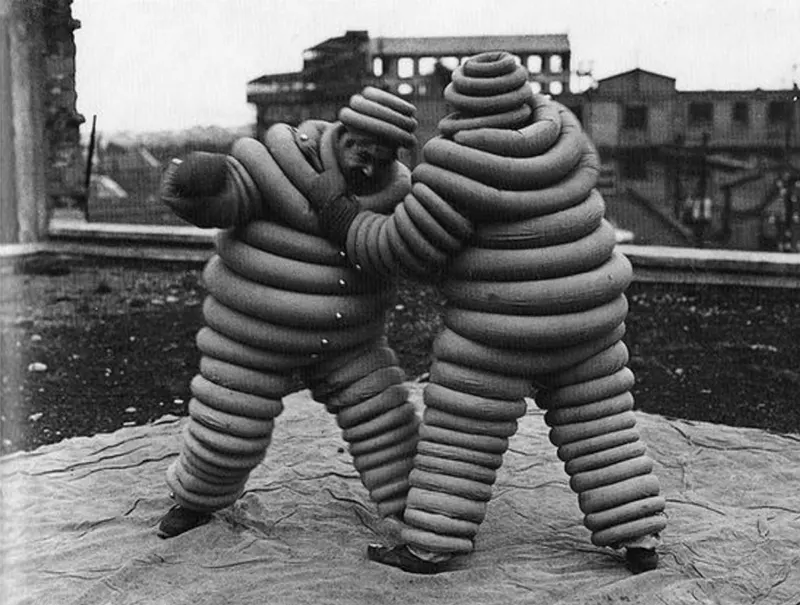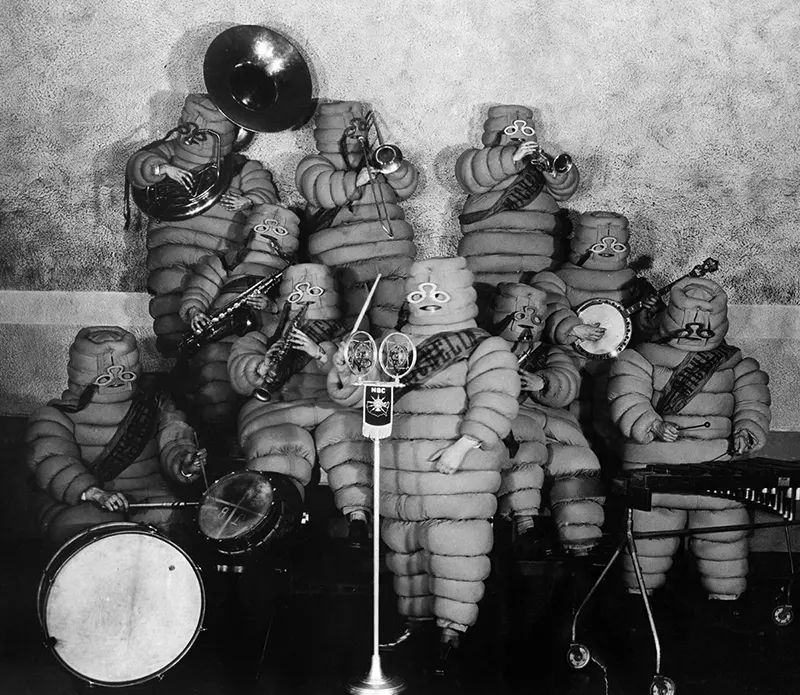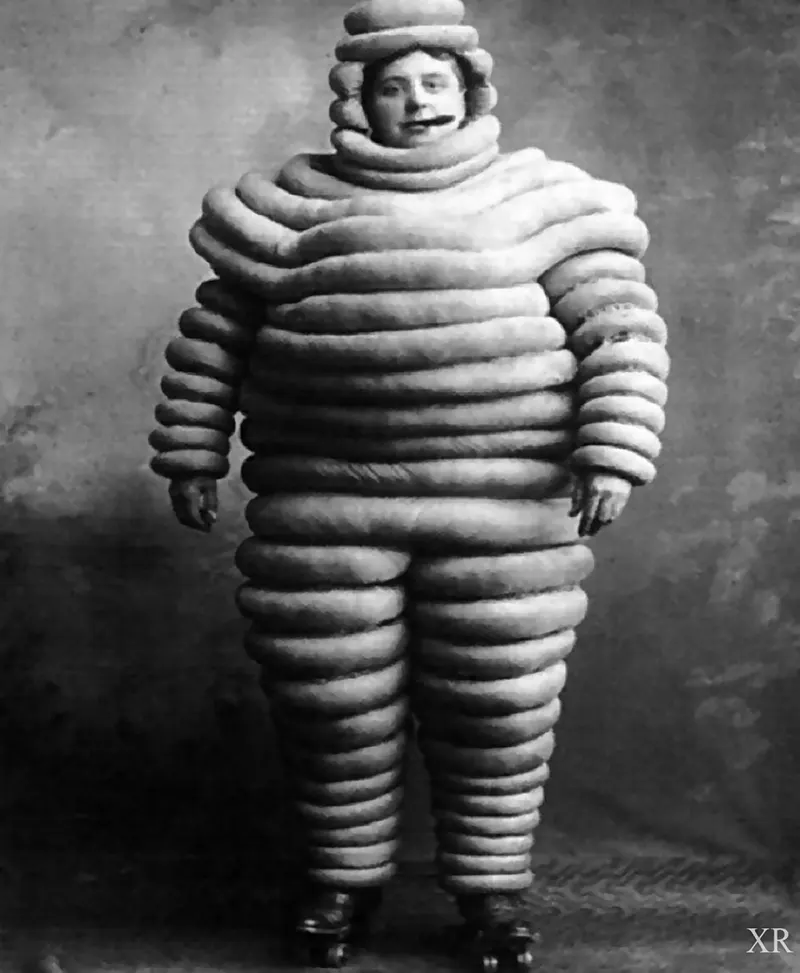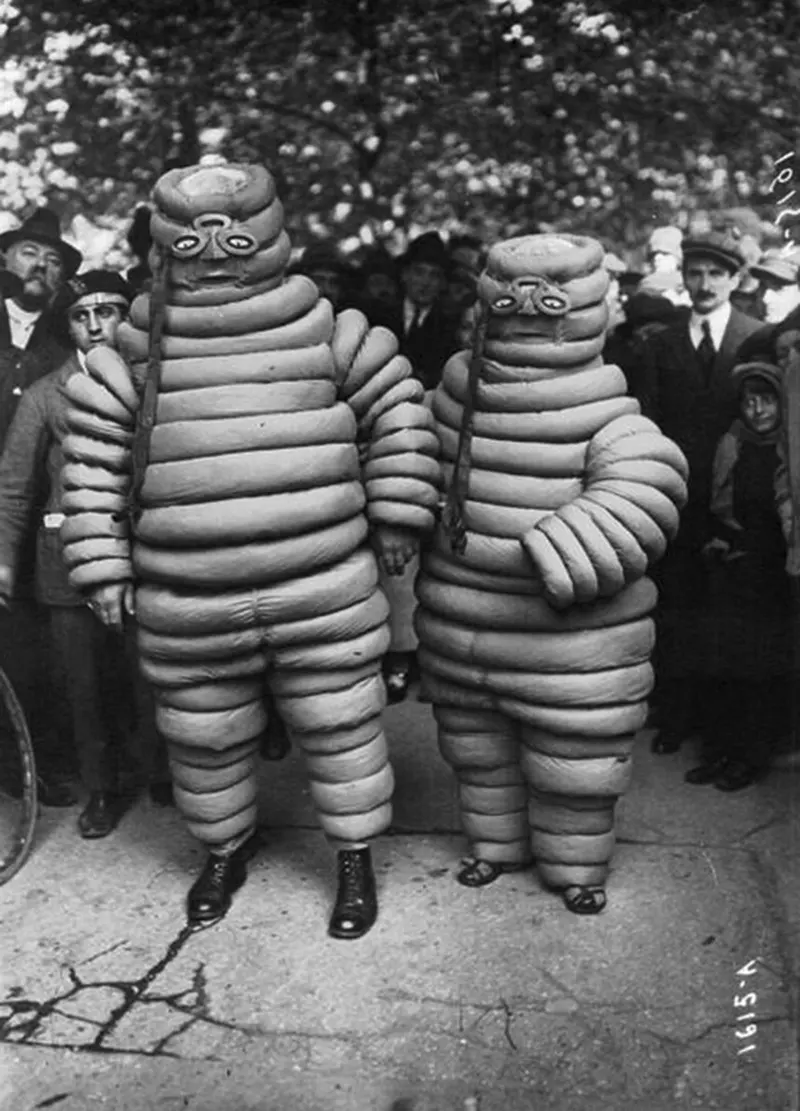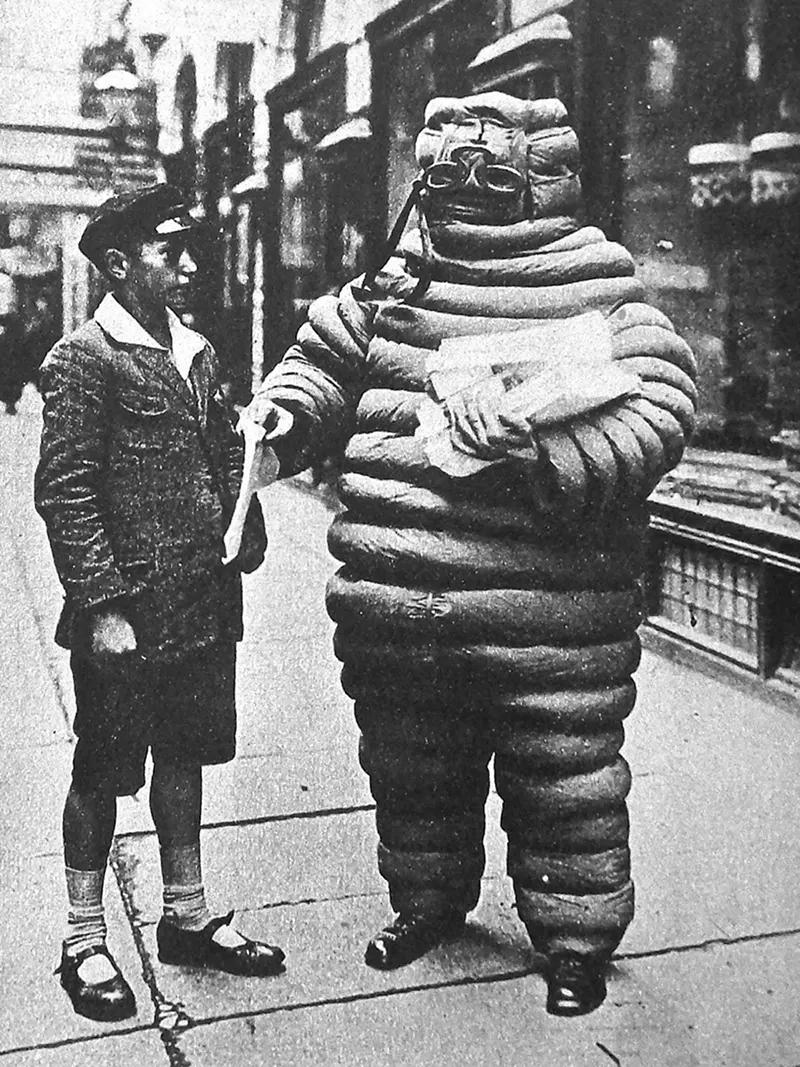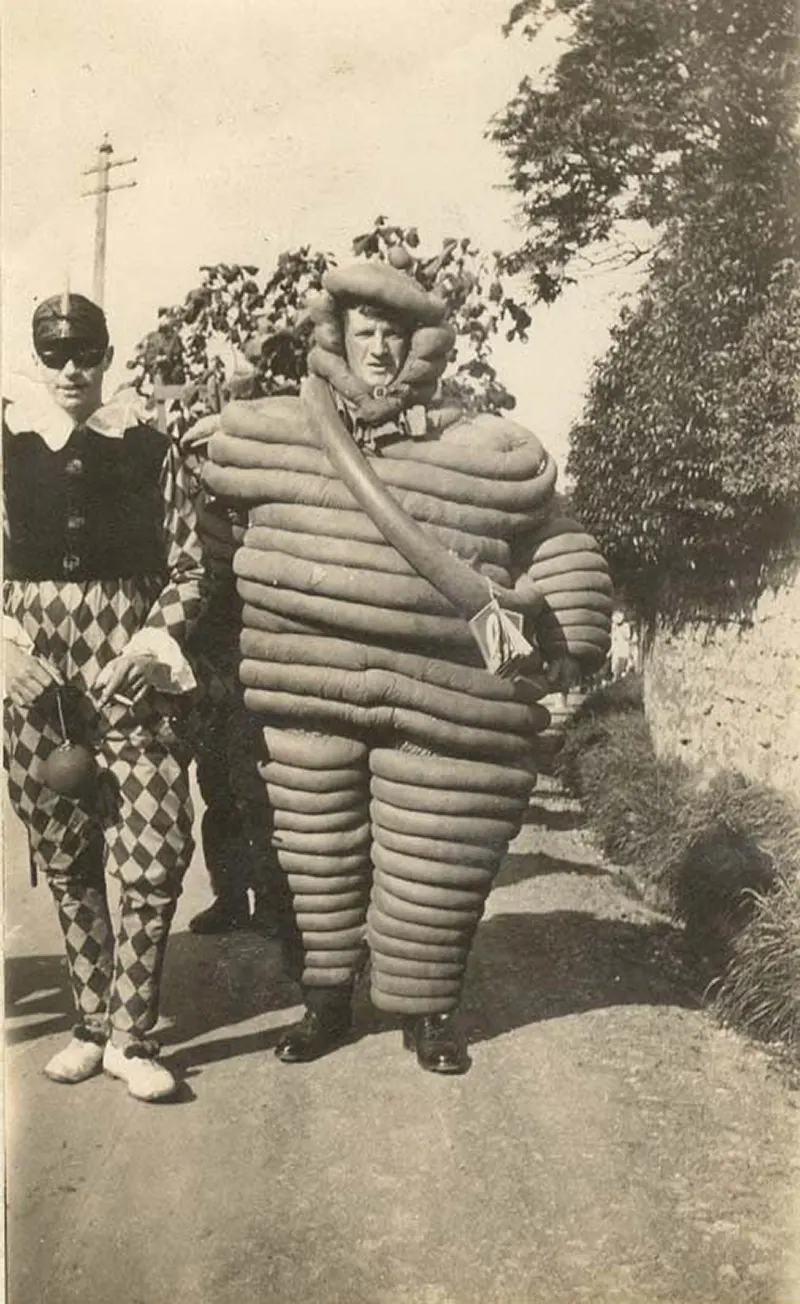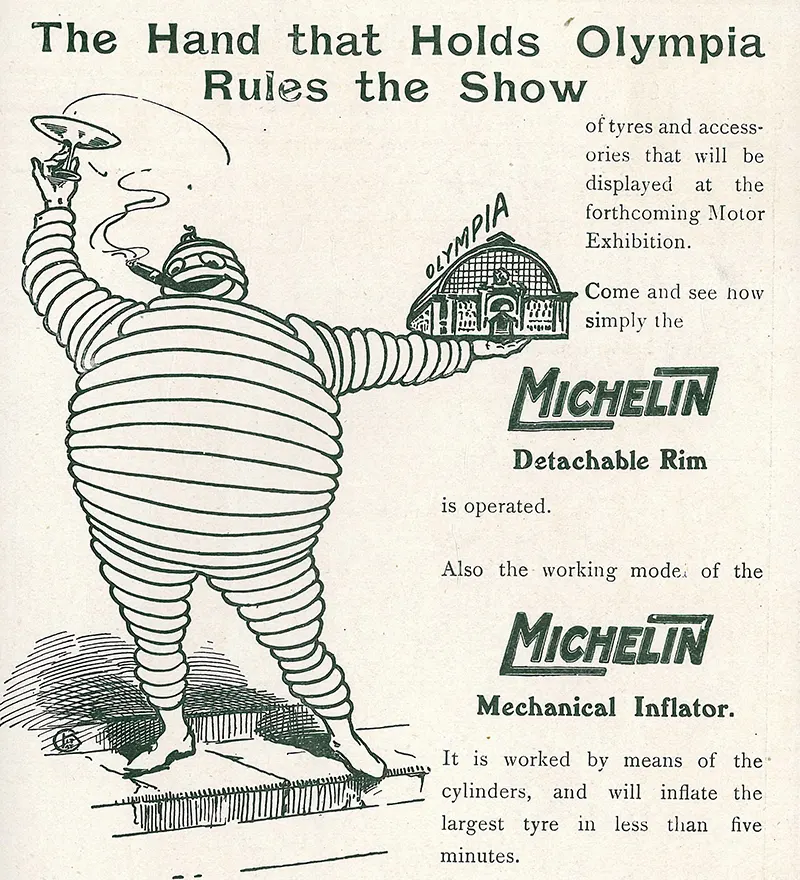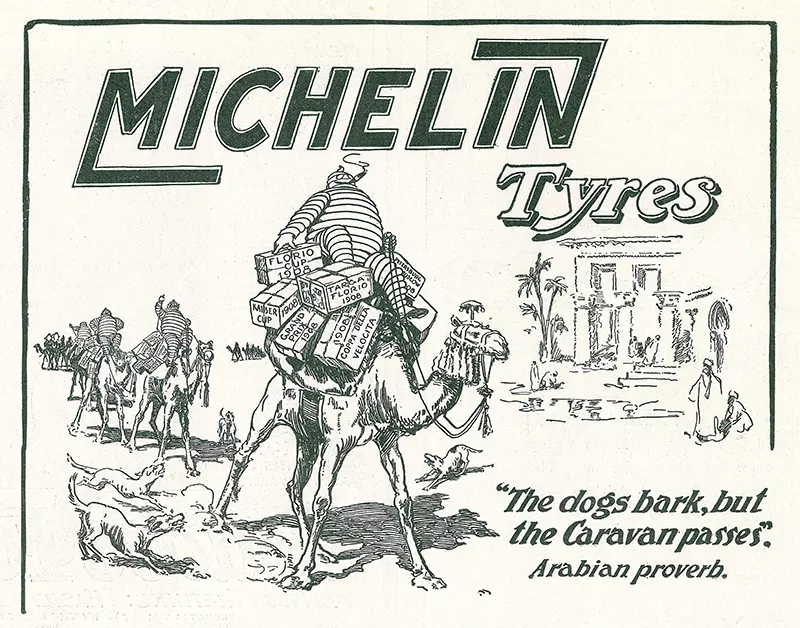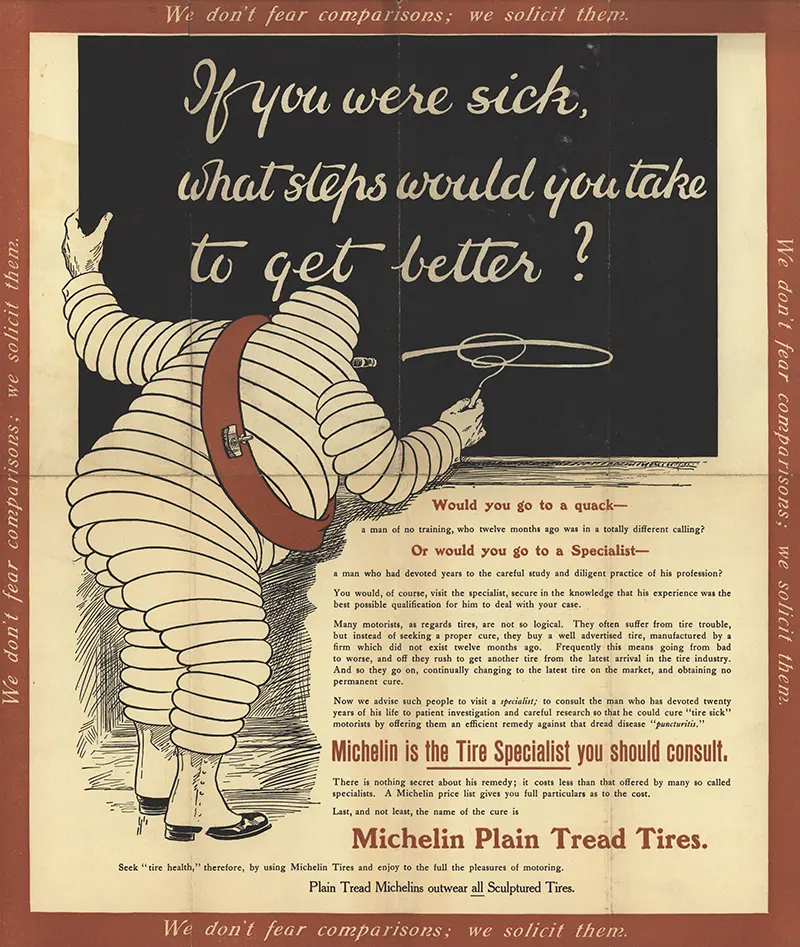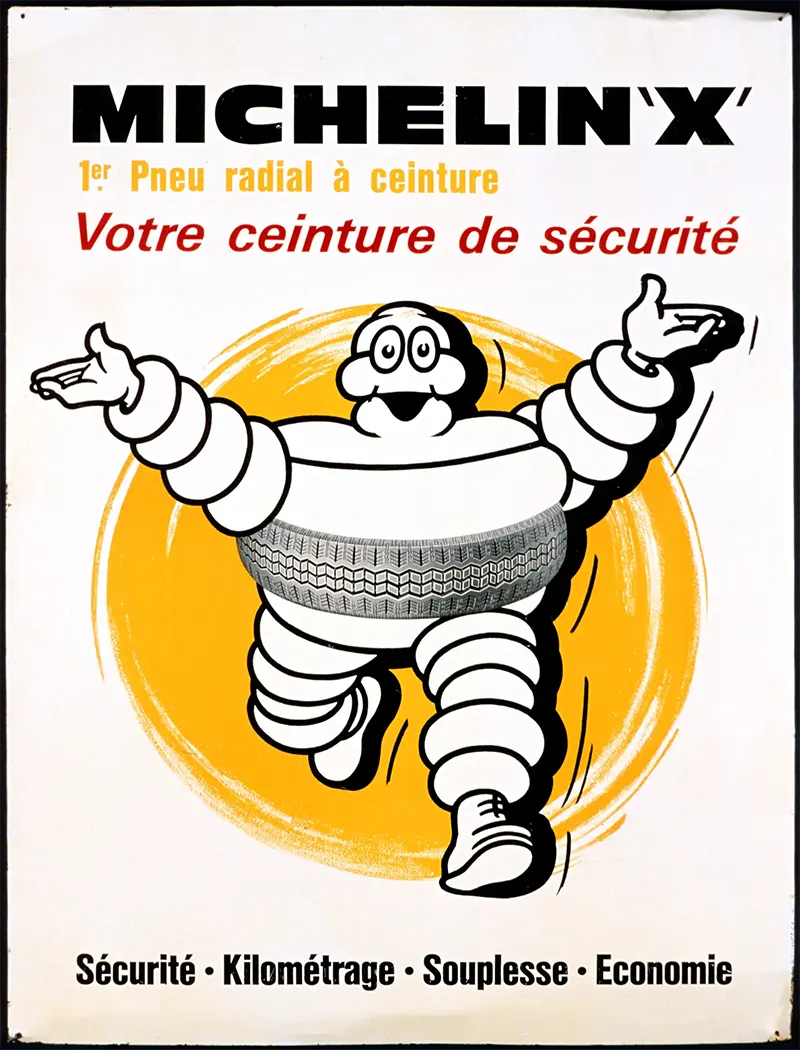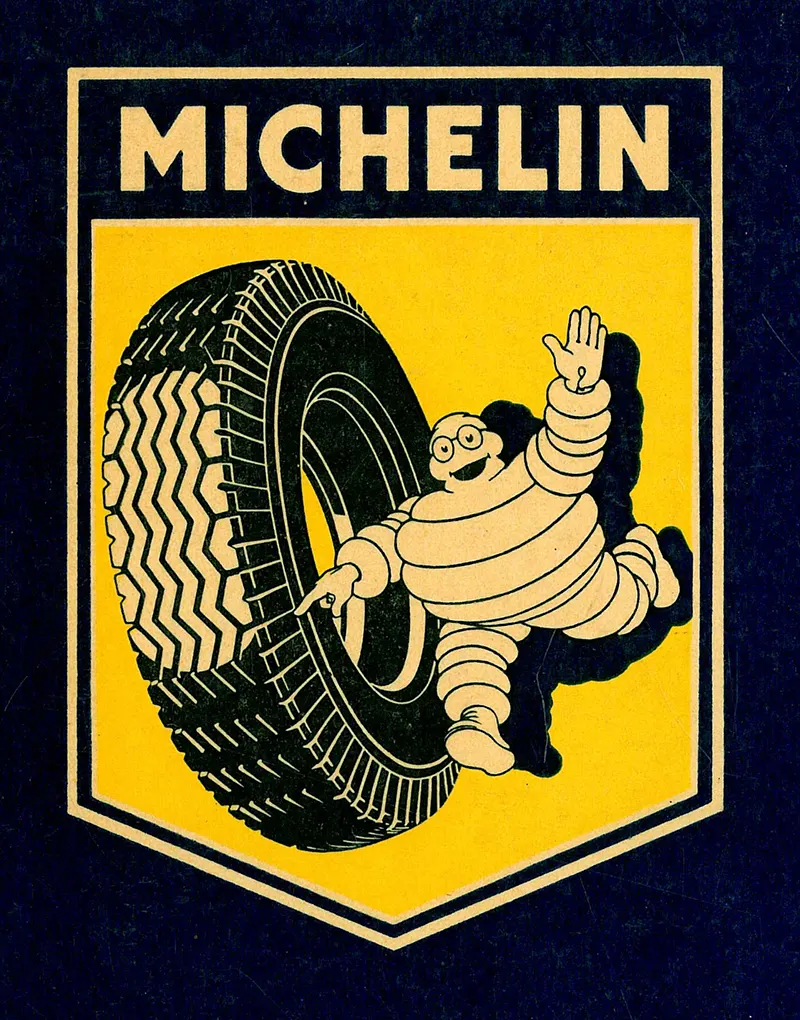The Michelin Man, an iconic figure in the world of advertising, has a unique history that blends charm with a hint of terror. Today we’ll explore the origins and early representations of the Michelin Man, exploring how this character became a memorable symbol for Michelin Tires.
The Founding of Michelin and the Birth of an Icon
In 1894, André and Édouard Michelin founded the Michelin Tire Company in France. Their venture marked the beginning of a significant journey in the automotive and tire industry. The Michelin brothers were not just entrepreneurs but visionaries who understood the power of branding and advertising.
The concept of the Michelin Man originated in an unexpected moment. During the Universal and Colonial Exposition in Lyon, Édouard Michelin observed a stack of tires. This stack curiously resembled a man, albeit without arms. This observation sparked an idea that would soon evolve into a groundbreaking advertising icon.
The Creation of the Michelin Man
In 1898, four years after their initial inspiration, André Michelin crossed paths with French cartoonist Marius Rossillon, known as O’Galop. Rossillon presented a rejected image intended for a Munich brewery. This image depicted a regal figure with a glass of beer, accompanied by the phrase “Nunc est bibendum” (Now is the time for drinking). André Michelin saw potential in this design and proposed a creative twist: replacing the man with a figure made of tires.
O’Galop adapted his original design, transforming the figure into what would be known as the Michelin Man. The 1898 poster featured this new character offering a toast with a glass filled with road hazards like nails and broken glass. The underlying message was clear and powerful: Michelin tires could effortlessly conquer any road obstacle.
The Evolution of the Michelin Man
Over the decades, the Michelin Man, originally a simple graphic figure, evolved into a three-dimensional character with a distinct personality. This evolution marked the transition from a mere advertising symbol to a well-recognized brand ambassador with a life of its own.
In his early years, the Michelin Man was portrayed in a manner that many found both fascinating and somewhat terrifying. Vintage photographs from this era reveal a figure that is starkly different from the friendly and approachable character known today. These images capture the essence of the Michelin Man’s original design and its impact on advertising and brand identity.


